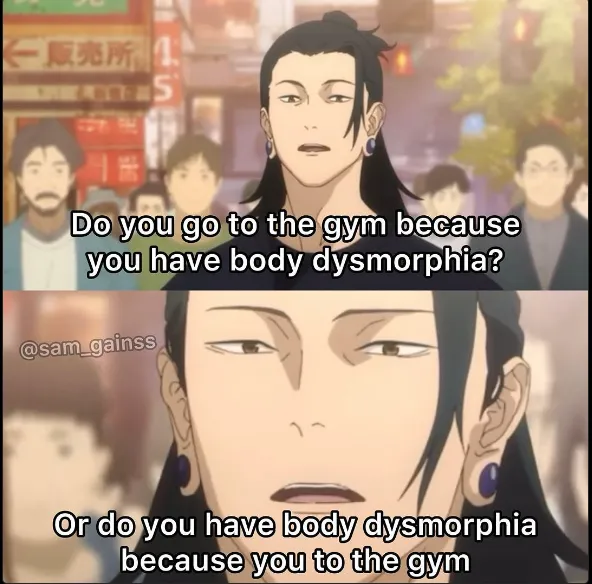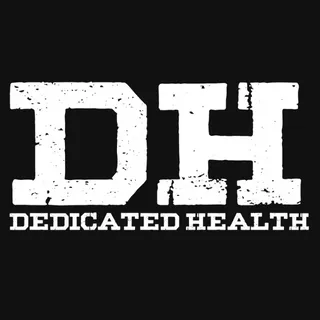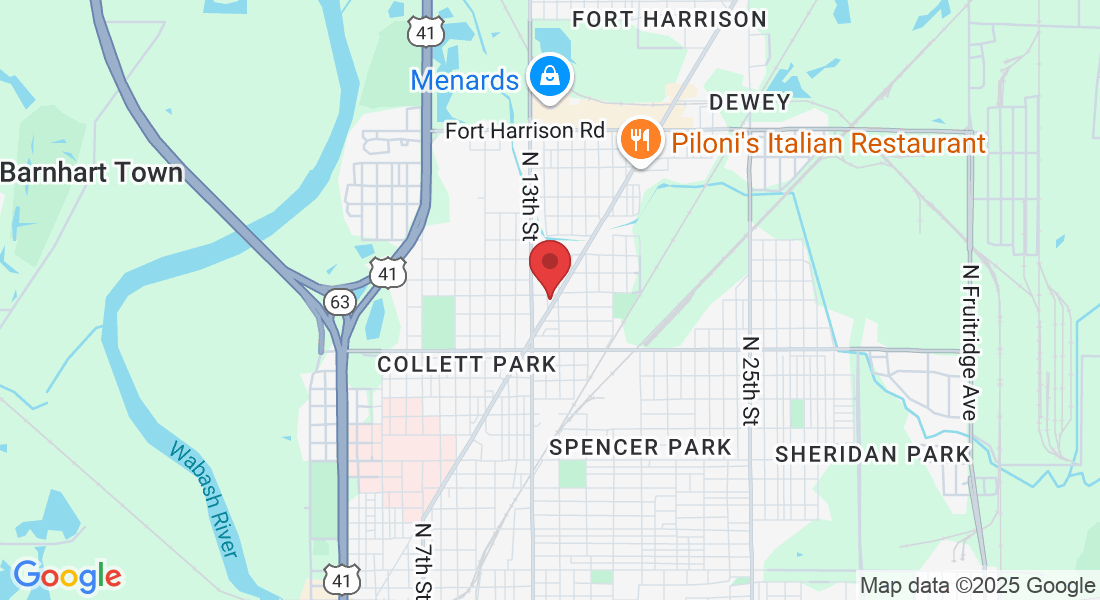Education and support!
Welcome to the Dedicated to Fitness Blog

Understanding and Combating Body Dysmorphia
Understanding and Combating Body Dysmorphia
Introduction
Body Dysmorphia, also known as Body Dysmorphic Disorder (BDD), is a mental health disorder where an individual obsesses over perceived flaws in their appearance. These flaws are often minor or not observable to others. However, people with BDD can spend hours each day worrying about their appearance. This can cause significant emotional distress and impact their ability to function in their daily life.
Recognizing Body Dysmorphia
Recognizing the signs of BDD is the first step towards combating it. Symptoms may include:
Constantly checking the mirror or avoiding mirrors altogether
Believing that a specific body part or feature is unattractive or flawed
Engaging in repetitive behaviors like skin picking
Seeking frequent cosmetic procedures with little satisfaction
Avoidance of social situations
The Impact of Body Dysmorphia
BDD is more than just being unhappy with your appearance; it’s a mental health disorder that can lead to anxiety, depression, and even suicidal thoughts. It can affect anyone, regardless of age or gender, and can interfere with an individual’s ability to function in their daily life.
Strategies to Combat Body Dysmorphia
Seek Professional Help
If you believe you or someone you know may be suffering from BDD, it’s important to seek help from a mental health professional. Cognitive-behavioral therapy (CBT) has been shown to be effective in treating BDD.
Practice Self-Love and Acceptance
Learning to love and accept your body as it is can be a powerful tool in combating BDD. This can be achieved through positive affirmations, mindfulness, and self-care practices.
Stay Active
Regular physical activity can boost your mood and help reduce feelings of anxiety and depression. Find an activity you enjoy and make it a part of your routine.
Connect with Others
Joining a support group or connecting with others who are experiencing the same struggles can provide comfort, reduce feelings of isolation, and provide practical insights.
Conclusion
Body Dysmorphia is a serious mental health disorder, but with the right help and strategies, individuals can learn to see themselves more clearly and experience life to the fullest. Remember, it’s okay to ask for help, and it’s okay to talk about what you’re going through. You’re not alone.
Success Stories



GETTING STARTED IS AS EASY AS 3,2,1.. GO!
Fill out the info below
Pick a time to come in and talk
Start Reaching your goals!
*by sumbitting your contact info you are agreeing to let a member of Dedicated Health contact you via call, text, and or email.
Is this beginner friendly?
Yes we will take you step by step to your fitness goals and make sure you understand how, why, and what you are doing.
Can I modify things?
Yes! No matter what training plan you get at Dedicated Health you will have a coach to change things up for you if needed.
Am I going to be starving?
No! In fact you will more then likely eat more then you are use to.
Post Address and Mail
Email:
dedicated@mail.dhgym.com
Address:
1360 Lafayette Ave, Terre Haute, IN, United States, 47804
Get In Touch
Staffed Hours
Mon – Fri 12:00pm – 8:00pm
Phone Number:
+1 812-575-4174
Socials


